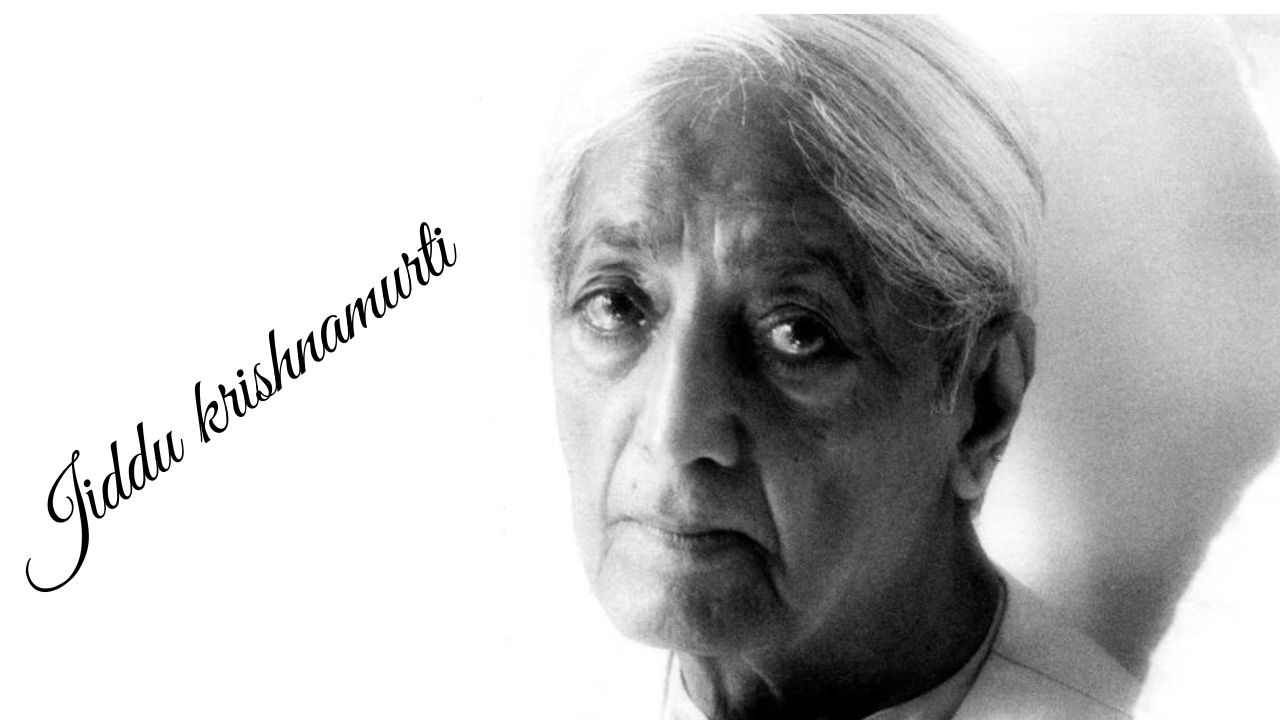The Quest for God and the Role of Belief
The question of God’s existence has long intrigued humanity, often intertwining with life’s meaning and purpose. In this dialogue, the questioner reflects on how humanity has constructed countless beliefs and images of God due to ignorance. These beliefs, instead of uniting people, have created divisions, fear, and suffering. Saints and spiritual leaders often advise that belief is essential to know God, but Krishnamurti challenges this notion, questioning whether belief is truly necessary to discover the truth.
Belief vs. Learning
Krishnamurti argues that learning is more crucial than believing or knowing. Belief, whether positive or negative, restricts the mind. He asserts that both belief and disbelief are illusions—two sides of the same coin—that prevent clear understanding. By letting go of both, the question of God’s existence shifts from a dogmatic pursuit to an exploration of deeper truths. He stresses that the word “God,” with its layers of tradition, memory, and sentiment, is not the reality itself. Words are constructs, unable to encompass the essence of what they attempt to describe.
The Power and Illusion of Words
The questioner struggles with Krishnamurti’s idea of freeing the mind from words, as words are the foundation of communication and understanding. Krishnamurti explains that while words are necessary for everyday life, they can lead to illusions when referring to abstract ideas like God. Each person shapes their understanding of God based on hopes, fears, and despair, creating subjective illusions. These illusions, born of thought, often prevent people from perceiving the truth and perpetuate cycles of belief and disillusionment.
Can the Mind Be Free of Illusion?
Krishnamurti invites the questioner to explore the possibility of freeing the mind from illusions created by words and beliefs. Without these illusions, what remains is “what is”—the ever-changing reality of existence. He emphasizes that “what is” is sacred, not in a conventional religious sense, but as the pure essence of truth. Misunderstanding this simplicity can lead to moral justifications for harmful actions, but Krishnamurti clarifies that truly seeing “what is” fosters profound transformation, not complacency.
The Sacredness of “What Is”
The questioner questions whether accepting “what is” could justify immoral actions. Krishnamurti responds by explaining that recognizing the sacredness of reality does not condone harm or exploitation. Instead, it demands a profound awareness of one’s actions and their alignment with truth. The act of truly perceiving “what is”—the constant flux of life—is itself transformative. This awareness dissolves illusions and paves the way for meaningful change, both individually and collectively.
Love and the Nature of Change
The conversation shifts to the nature of love and its relationship to change. The questioner wonders if love, like other aspects of life, is subject to constant flux. Krishnamurti clarifies that love, in its purest form, is distinct from its expressions. True love transcends the fluctuations of desire, attachment, or hate. It exists beyond the ego and illusions, as an unchanging essence within life’s constant movement. When the self is absent, love becomes an expression of “what is.”
The Absence of Self and the Presence of Truth
Krishnamurti concludes with a profound insight: God, love, or truth—whatever name one uses—exists only in the absence of the self. The ego and its illusions obscure the reality of truth and love. When the self dominates, these sacred qualities are absent. Understanding this shifts the focus from seeking external answers to transforming oneself and perceiving reality without distortion.
Conclusion: Discovering the Sacred
Krishnamurti’s dialogue invites us to question the beliefs and illusions that shape our perceptions of reality. By freeing the mind from the confines of words and concepts, we can experience the sacredness of “what is”—the truth that lies beyond illusion. This journey is not about discovering God as an external entity but about understanding the nature of existence and our place within it.

